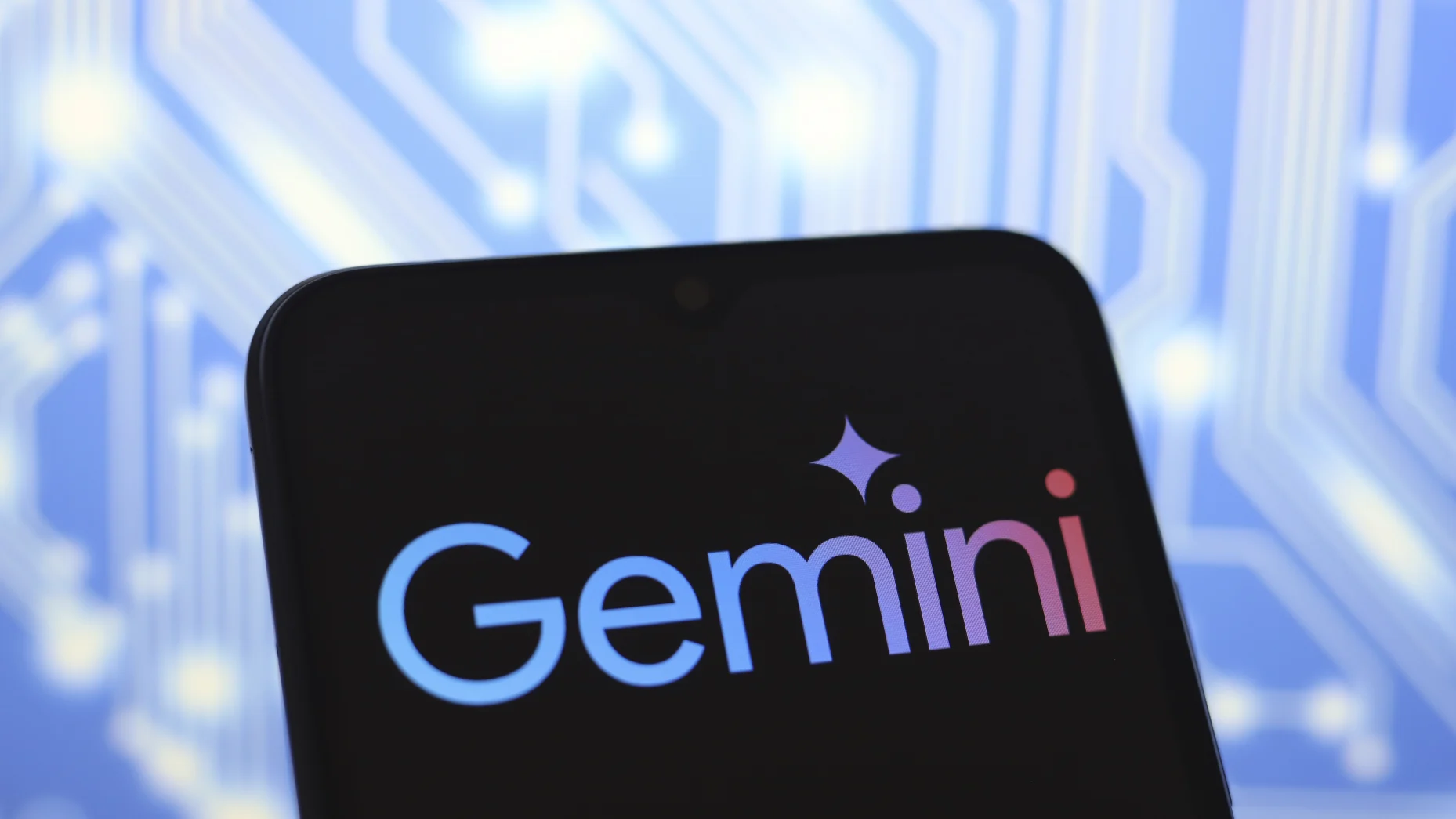Google Releases First Gemini 2.0 AI Models: A Step Towards Revolutionizing Technology
In a significant milestone for the AI industry, Google has launched the first of its Gemini 2.0 AI models, marking the beginning of a new era in artificial intelligence capabilities. This release represents the latest advancement in Google’s ongoing efforts to push the boundaries of innovation. As a result, Gemini 2.0 is set to redefine how industries leverage machine learning and data-driven solutions.
What Is Google Gemini AI?
The Gemini 2.0 series brings a major update to Google’s AI models, enhancing everything from natural language processing (NLP) to machine learning. These next-generation models offer more power, flexibility, and adaptability than their predecessors. Furthermore, they feature advanced capabilities for understanding and generating human-like text, processing large datasets, and performing tasks with greater accuracy and efficiency.
Importantly, the Gemini 2.0 models align with Google’s vision of advancing scalable, ethically designed AI. These models will cater to a wide range of applications, from content generation and customer support to data analysis and decision-making. As industries increasingly adopt AI, Gemini 2.0 will play a pivotal role in shaping the future of business technology.
Key Features of Gemini 2.0 AI Models
The Gemini 2.0 models introduce several groundbreaking features that distinguish them from previous versions. Among the most notable improvements are:
- Improved Accuracy and Contextual Understanding: With enhanced capabilities, Gemini 2.0 can now better understand complex queries, analyzing tone, sentiment, and context with greater precision. As a result, AI systems can engage in more meaningful interactions with users, responding more accurately to their needs.
- Multimodal Abilities: Unlike its predecessors, Gemini 2.0 can process and generate not only text but also visual, audio, and video content. This multimodal capability makes Gemini 2.0 a versatile tool, suitable for industries such as marketing, entertainment, and e-commerce.
- Faster Performance and Scalability: Google has optimized Gemini 2.0 for faster response times and better scalability. Consequently, businesses can use these models to handle large datasets and provide real-time analytics, making them powerful tools for automation and decision-making.
- Ethical AI Framework: In addition to their technical advancements, the Gemini 2.0 models incorporate robust ethical considerations. Google designed these models to promote fairness and transparency, addressing concerns around AI bias, privacy, and accountability.
Implications for Industries and Business Applications
Google’s Gemini 2.0 launch is expected to have a profound impact across a variety of industries, offering new solutions for optimizing operations and enhancing customer experiences. Key applications of the Gemini 2.0 models include:
- Healthcare: By analyzing complex medical data, Gemini 2.0 can assist with diagnosing diseases, predicting patient outcomes, and personalizing treatment plans. This will significantly improve healthcare services and patient care.
- Retail: In the retail sector, Gemini 2.0 will personalize shopping experiences, generate tailored recommendations, and optimize inventory management. Retailers can therefore improve customer satisfaction and drive sales more effectively.
- Marketing and Advertising: Marketers can leverage Gemini 2.0 to analyze consumer behavior, create compelling ad content, and automate customer service interactions. As a result, brands can connect with their audiences more meaningfully and increase engagement.
- Financial Services: Gemini 2.0 can streamline fraud detection, risk analysis, and customer service in financial institutions. By processing vast amounts of data quickly, these models will help financial services make faster, data-driven decisions.
What Does This Mean for the Future of AI?
The release of Gemini 2.0 is an important step forward in the development of AI. Google’s commitment to advancing artificial intelligence is clear, and these new models will undoubtedly shape the future of business and technology. Not only do they offer improved performance and multimodal capabilities, but they also set the stage for future innovations in AI and machine learning.
Looking ahead, Gemini 2.0 may pave the way for even more sophisticated models. With Google’s ongoing focus on innovation and ethical AI, the company seems poised to lead the charge in the AI revolution. This progress will likely inspire further advancements in AI, creating smarter, more intuitive technologies for businesses and consumers alike.
Challenges and Considerations Ahead
However, despite its many advantages, the launch of Gemini 2.0 raises concerns regarding privacy, security, and the ethical implications of advanced AI. As AI technology becomes more integrated into everyday life, it is crucial that companies and governments work together to ensure responsible use. Strong regulations and guidelines will be necessary to address risks such as data misuse, bias, and privacy violations.
In conclusion, Google’s Gemini 2.0 AI models offer an exciting glimpse into the future of artificial intelligence. With their enhanced capabilities, greater versatility, and focus on ethical AI, these models hold the potential to transform industries and drive the next wave of AI-driven innovation. As AI technology evolves, these models will likely serve as a foundation for the innovations that will shape our digital future.



